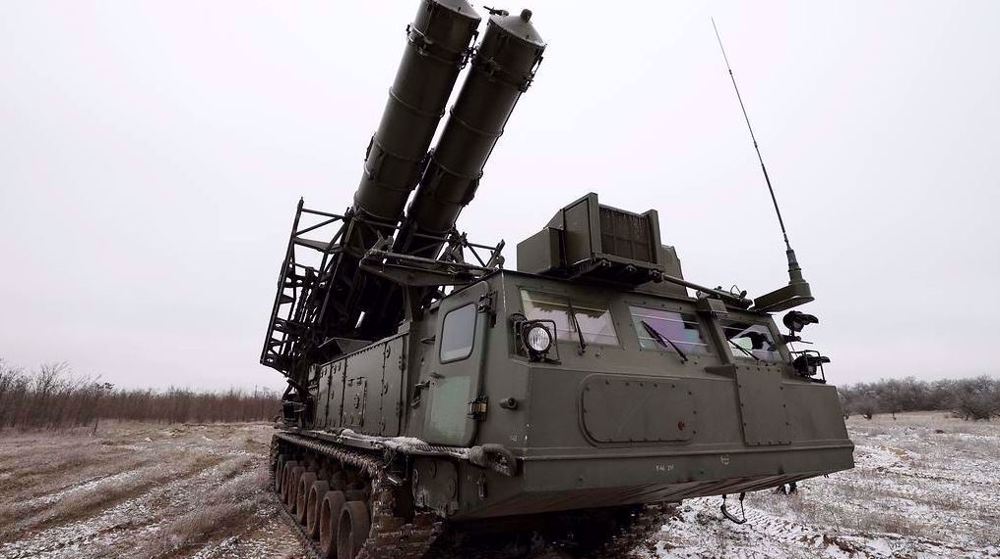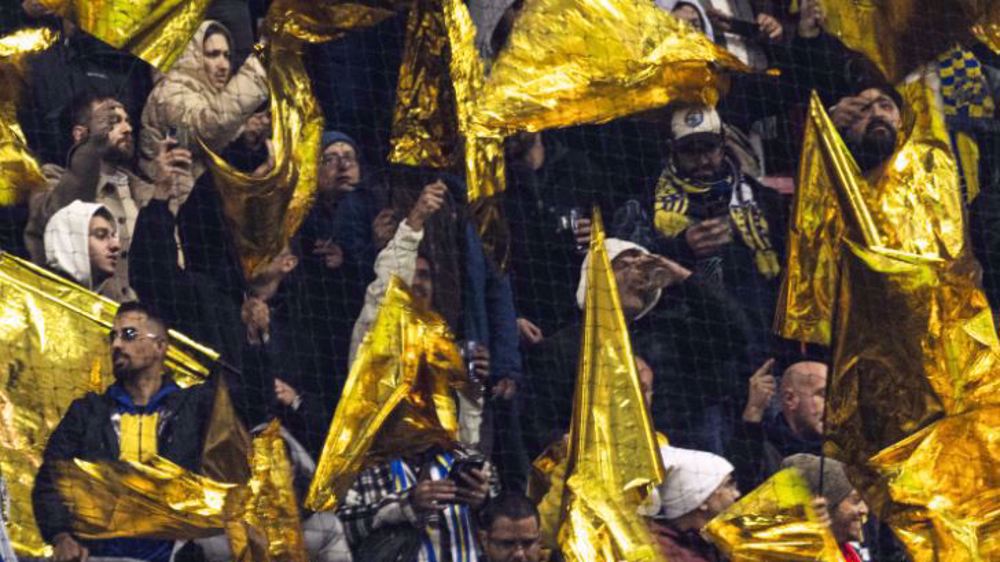Pro-Russia presidential candidate declares victory in Moldova
Moldova’s pro-Russian candidate Igor Dodon has declared victory in the presidential runoff after beating his West-leaning rival.
“I am president for the whole country, for those who voted for me and those who voted against,” Dodon told reporters late Sunday as near-final results showed the socialist-backed opposition candidate being ahead with a considerable margin.
With 98 percent of ballots counted, Dodon garnered 54 percent of the votes while his West-leaning rival Maia Sandu had just under 45 percent, according to the electoral commission.
Final results are expected to be announced at 0800 GMT on Monday.
The first round of the election was held on October 30, giving Dodon, a former economy minister during the Communist rule and the current head of the Socialist Party, 48 percent and pro-Europe Sandu, a center-right former education minister who worked for the World Bank, 38.
Moldova is located on the fault line separating Russia from Europe. Dodon has pledged to pursue closer ties with Russia rather than the European Union.
He argues that the recent gravitation towards the European Union, marked by its signing of an EU association agreement in 2014, has cost the country its ties with neighboring Russia.

Sandu, on the other hand, wants the country to move toward Europe. She argues that Moldova will have a more prosperous future in the European Union.
Moldova’s current Prime Minister Pavel Filip, a pro-European, said the two candidates would need to work together in the country’s best interest.
“This includes key reforms needed for the country's modernization and continued EU path, which cannot be reversed,” he said in emailed comments after polls closed.
Filip, who has served since January, has introduced political changes, including the direct presidential vote.
The election marks the first time in 16 years which has the national vote, instead of the parliament, elect the head of state.
Dodon’s apparent victory comes alongside that of nearby Bulgaria’s pro-Russian presidential candidate Gen Rumen Radev, who claimed victory in Sunday’s election.
The eastern European state of 3.5 million plunged into political and economic crisis after a corruption scandal came to light recently.
In 2014, some $1 billion-- the equivalent of an eighth of Moldova’s economic output, mysteriously disappeared from three banks, sparking huge street protests and the arrest of the former prime minister Vlad Filat.
Nov. 14: ‘Axis of Resistance’ operations against Israeli occupation
VIDEO | Press TV's news headlines
VIDEO | Israel's push for West Bank annexation
VIDEO | Jordanian Journalists Syndicate denounces Israeli crimes against media workers
VIDEO | Grossi visits Tehran hoping to facilitate dialogue
VIDEO | Iran commemorates 13th anniversary of missile program pioneer
Israel’s aggression inflicts $8.5 billion in economic losses on Lebanon: World Bank
Hezbollah attacks Israeli military bases in Tel Aviv, Haifa










 This makes it easy to access the Press TV website
This makes it easy to access the Press TV website